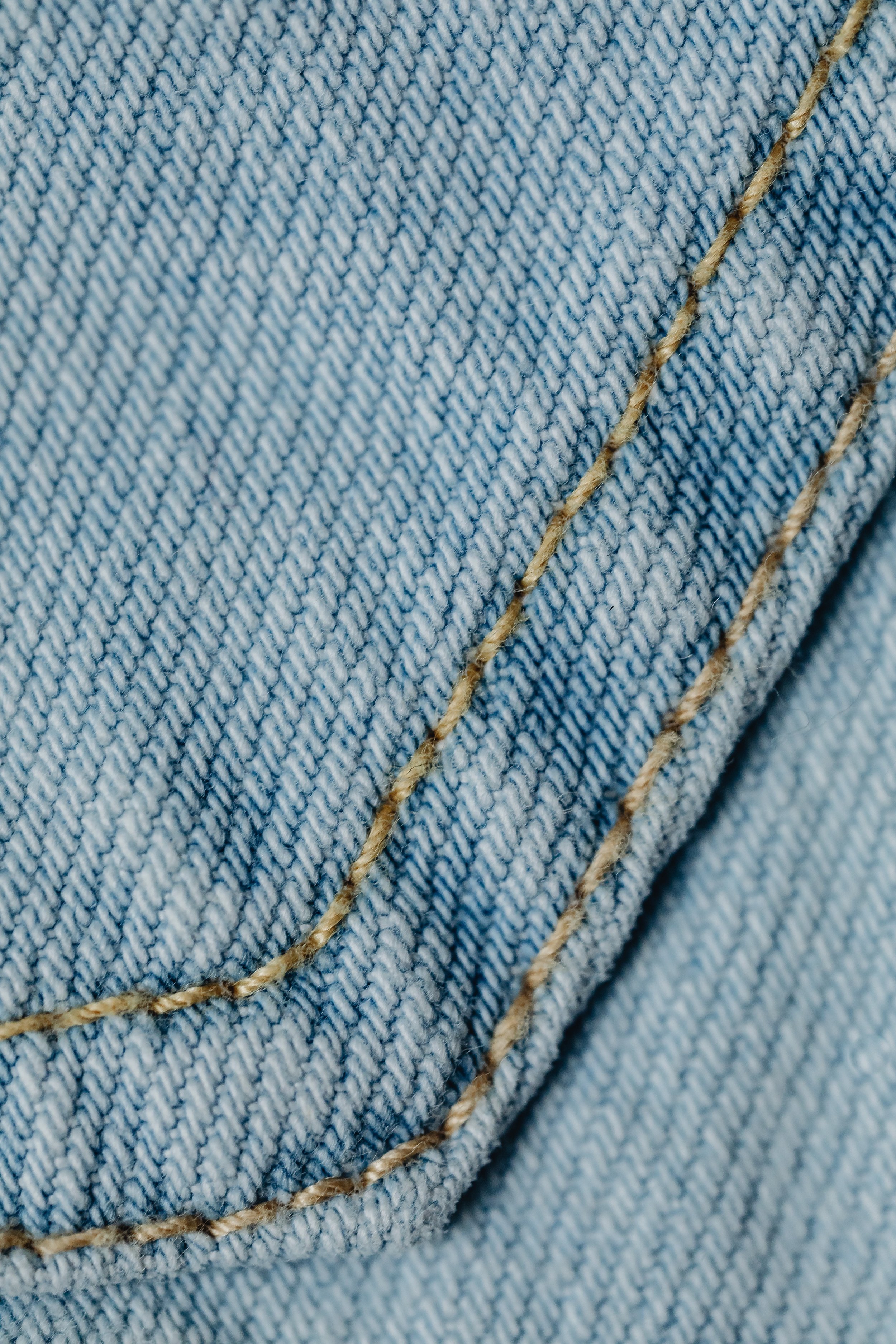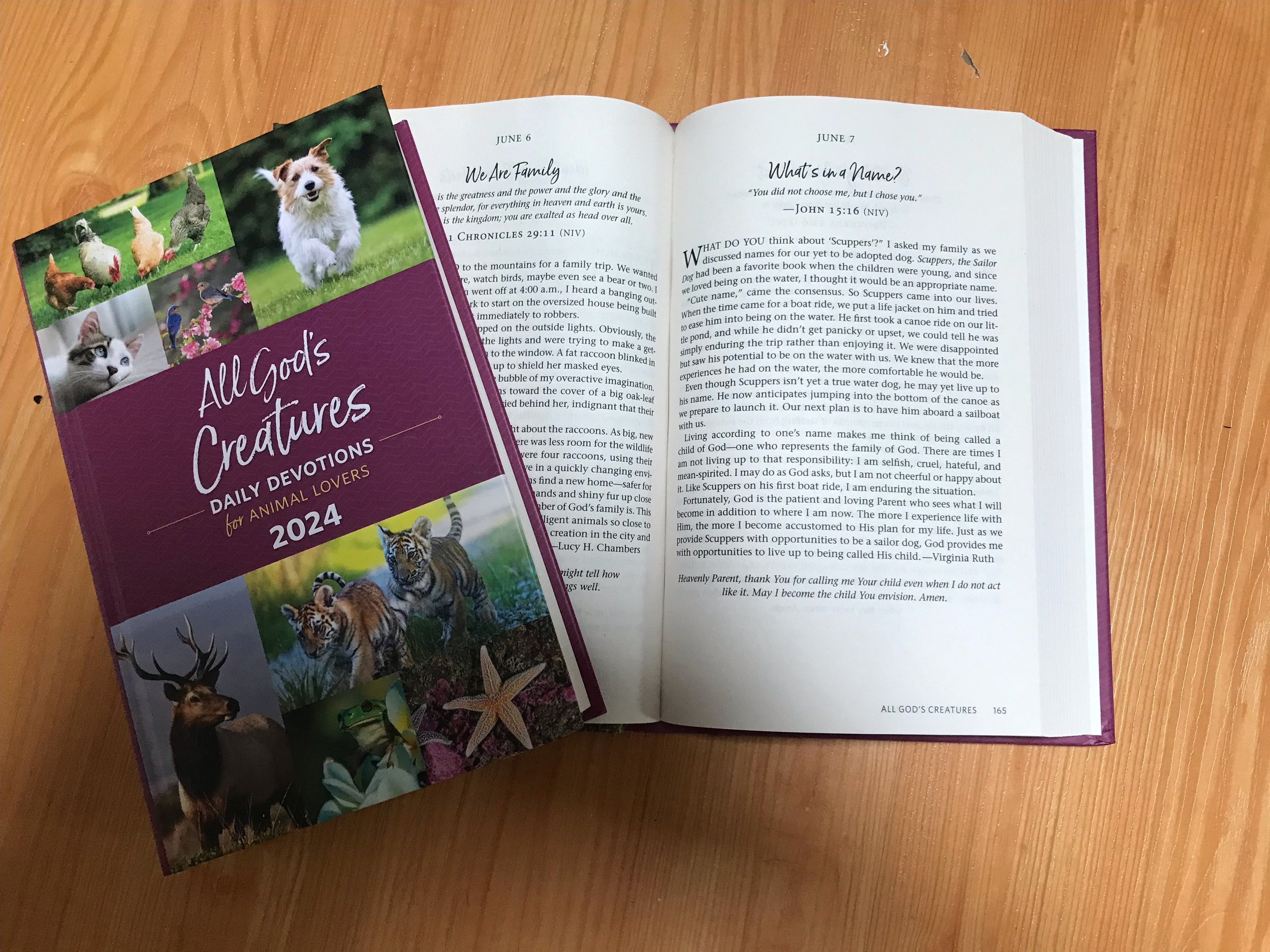Stitch in Time
Recently I was trying to remove a patched logo from a jacket and had to undo the stitching. It was not too difficult but took some time. The stitches were close together and so I had to use very tiny scissors to get under the thread to break the bond. What got me was how tenacious those stitches were- they were no more than 2 mms apart yet when only one was still connected I could not remove the top piece of material. I had to break all the stitches in order to remove it.
I’ve also been doing some weeding-pulling out crab grass, purslane and spurge along our sidewalk. What got me was how tenacious those weeds were. Even weeding after a rainstorm, one would think it would be easy to pull them out. Not so much. Just one little tiny thread of a root cements it to the sidewalk.
In both those instances, I wasn’t able to eliminate the items I wanted, the logo or the weeds, until all of it was free from what has holding it back.
It made me think of those habits or items that hold us back: addiction, toxic relationships, pride, stubbornness (which really is a subset of pride), clutter, irrational fear, slothfulness (one of my favorite seven deadly sins- perhaps because I have an affinity?) Many times it is just one tiny little issue with those items that keep us tethered to behaviors we do not want to do.
Psychology talks about getting rid of things that do not serve you well: physical items like clutter and stuff or emotional responses that stir up past (big or small) traumas. When Pope Gregory in the sixth century and then Thomas Aquinas in the twelve spoke to the seven deadly sins it was to rid oneself of spiritual habits that do not honor God. To break those holds on us that keep us from truly flourishing.
Breaking the hold on habits, behaviors or thinking that harm us is hard. If they didn’t have some type of “benefit” for us (mostly the release of feel-good dopamine) we would not have the problem- we wouldn’t allow it to have a foothold. Interestingly there are many different suggestions and numerical amounts for ridding bad habits and promoting good ones: “7 (or 5 or 3 or 12) ways to rid yourself of bad habits”. Bottom line- we need to determine the habit, why we want to change it, work in increments to do so, and give ourselves a break if it doesn’t happen instantly. (See the following sites: https://www.health.harvard.edu/blog/how-to-break-a-bad-habit-202205022736 https://newsinhealth.nih.gov/2012/01/breaking-bad-habits )
Yet sometimes we cling to things or ideas because it is our lifeline. We cling to hope that our loved one will get better or that solvent financial times are ahead. We cling to the item (perhaps too many items) so that we can remember that loved one or hold on just in case we need the item due to unstable financial times. Supposedly when we cling to things (tangible or not) it is because deep down, we all long for happiness, security and meaning. And those are not bad reasons or attributes per se. Who wouldn’t in a crisis hold on to our loved for as long as we could.
Yet, like everything else, we can sometimes be too extreme, perhaps too greedy (ah, those 7 deadly sins again) and hold on for too long to these habits. We need to break the bad habit bond in order to move along and flourish. Sometimes it is a matter of just rethinking or reframing what we are doing.
I think of my “schedule” that I try so desperately to maintain. The plans that I have for each week. Yet if I am honest, I do not think I ever had a week that went according to my schedule or plan- even when I was a kid. I get so annoyed at myself for not being “disciplined” enough. That scheduling habit, albeit a good practice has become like the tenacious threads that keep me bound in an ever frustrating loop: the hope and promise of the dawning of a new week, the written plan with daily goals, the unfolding of each day and situations that arise to change that plan, the reflection and frustration at the end of the week that not much was accomplished, and the hope that next week will be better. Only to have it loop over and over again.
In thinking about reframing the schedule, I have decided to not get so het up about it. Instead of daily goals I am thinking in more broad strokes- overarching monthly ones. I am interested to see what will transpire by cutting myself some slack.
What about you? Are situations, activities, relationships, thought patterns binding you to behavior that you need to change? Have you thought about what needs to happen for that change?
On the website psychology-spot.com they offer this example:
Do this exercise: Take a coin in your hand and imagine that it represents the thing, person, or goal you are holding on to. Lock it in a tight fist and extend your arm with the palm of your hand towards the ground.
If you open your fist or loosen your hand, you will lose the coin. If you keep your arm extended and your fist closed for a long time, you will also lose the coin because you will get tired of maintaining that tension. The same happens in life. You hold on to, but the more you press, the more you exhaust yourself and the more you push away what you want.
The good news is that there is another possibility: stop clinging. You can let go the coin and still keep it. With your arm still extended, turn your palm up. Open your hand and relax it. You will see that the coin is still there. (https://psychology-spot.com/holding-on-to-something-meaning/ )
Once again, it is the paradox of God’s economy. That which we lose, we find.
The 2024 Edition of All God’s Creatures is out! This year I have eight devotionals included. Click here to order from Guideposts if interested.


